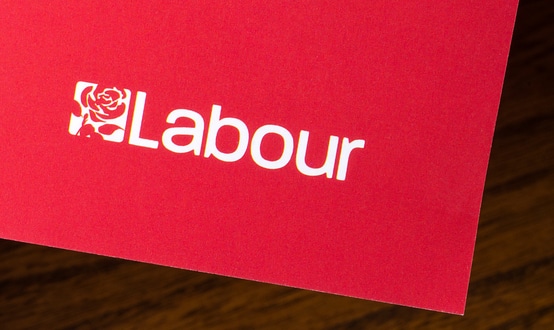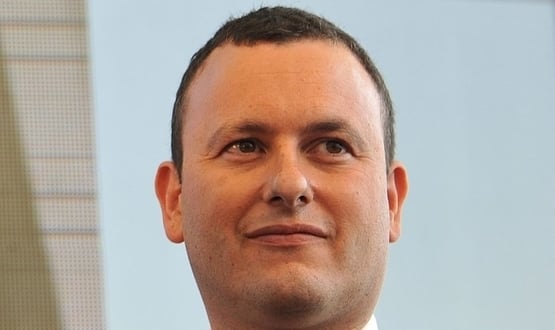Future Care Capital has launched two new tools to help accelerate access to reliable and effective digital mental health tools, including a commissioning tool that will help medical professionals recommend digital mental health tools.
The UK health and care consultancy charity’s newest report has revealed that close to a third of survey respondents opted to use digital tools because they didn’t want to wait for an appointment.
In addition, it found that respondents were twice as likely to find mental health digital tools on social media than through their GP.
The new tools from Future Capital Care have been introduced to both improve access to digital mental health tools and enhance how medical professionals recommend them.
One of the new tools launched is the first-ever commissioning tool which helps medical professionals and commissioners better understand what digital mental health tools are available for their patients.
The second tool has been designed as a public guide to digital mental health tools, to support the public’s understanding what support is available for their specific needs.
Dr Lauren Evans, director of research and innovation at Future Care Capital, said: “Digital mental health tools can be a really effective way to help people cope with poor mental health, but with so many innovative options out there, we must act to simplify the process of both recommending and accessing these tools.
“If we don’t provide the public, GPs, and healthcare professionals with guidance around digital mental health tools, we risk patients accessing the wrong tools for their individual needs, or not accessing digital platforms at all. If we can guide people to the right digital mental health tools, then they will have improved outcomes.”
Both of the tools will help to drive a better understanding of the strengths and weaknesses of available technology. It also empowers patients to make better choices when they are faced with choosing the right digital mental health tools.
The topic of digital tools to improve mental health is a hot one right now. Last October the Medicines and Healthcare products Regulatory Agency (MHRA) and the National Institute for Health and Care Excellence (NICE) received £1.8 million to explore the regulation of digital mental health tools.





/cdn.vox-cdn.com/uploads/chorus_asset/file/19704536/acastro_200207_3900_firefox_0001.0.jpg)





